The NO FAKES Act is a proposed U.S. law to protect individuals from unauthorized AI-generated replicas. It would ban the creation of digital likenesses without consent during a person’s lifetime and for 70 years after death.
This bipartisan bill responds to the rapid advancement of generative AI technologies. It addresses concerns about deepfakes and their potential for misuse.
Senators Unite to Combat AI Misuse
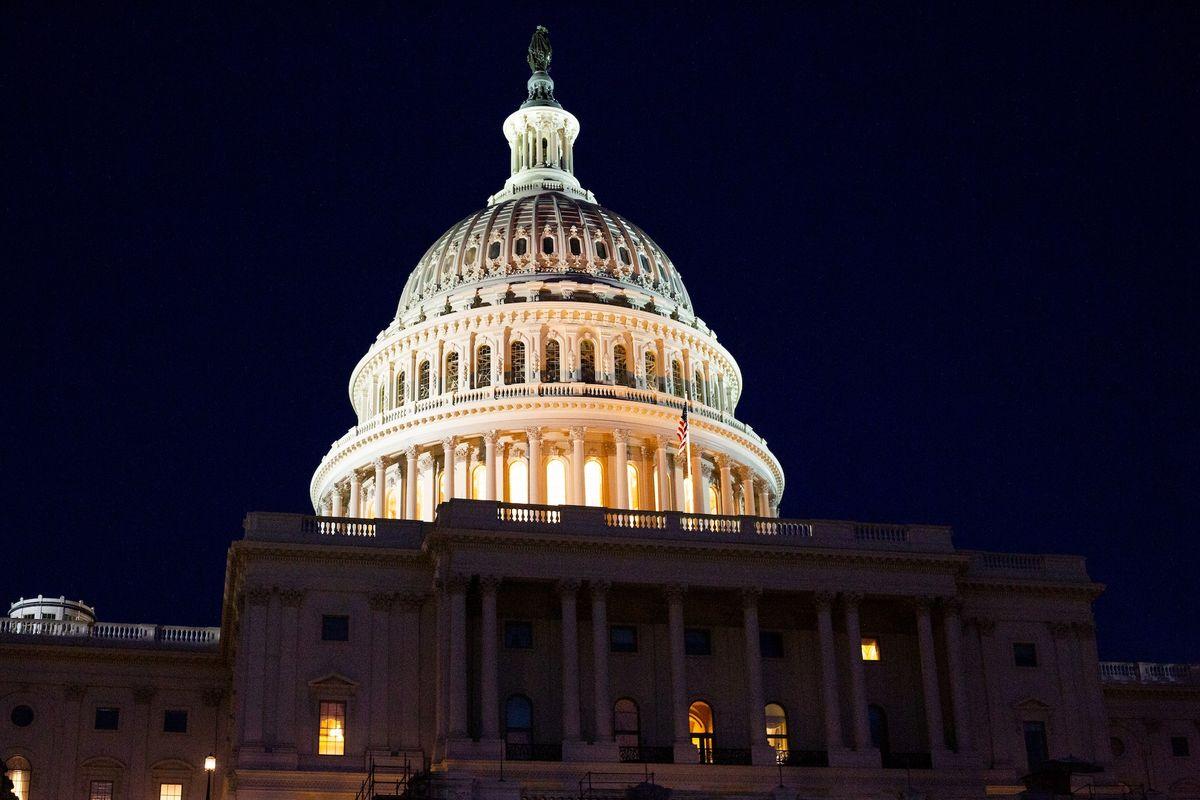
The bill is co-sponsored by Senators from both major U.S. political parties. This bipartisan effort demonstrates the widespread concern about AI’s potential for abuse.
The sponsors include Democrats Chris Coons and Amy Klobuchar, and Republicans Marsha Blackburn and Thom Tillis. Their collaboration highlights the non-partisan nature of AI regulation concerns.
Generative AI: Creative Tool or Threat?
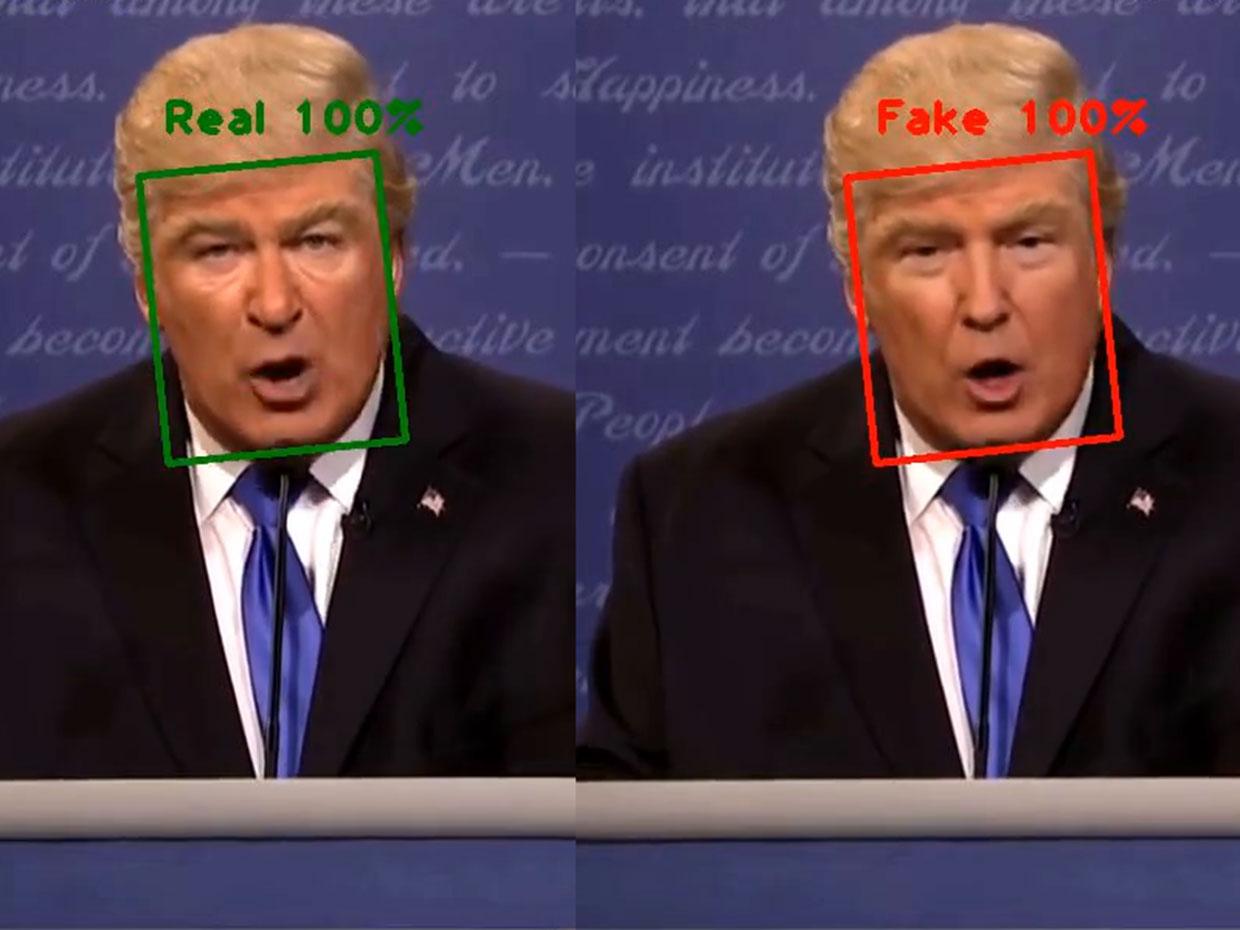
Generative AI tools like DALL-E, Adobe Firefly, and Midjourney have raised ethical concerns. These technologies can create realistic images and videos from minimal input.
While they offer creative possibilities, they also pose risks of unauthorized replication. The bill aims to balance innovation with protection of personal rights.
Deepfakes: Growing Concern Across Society
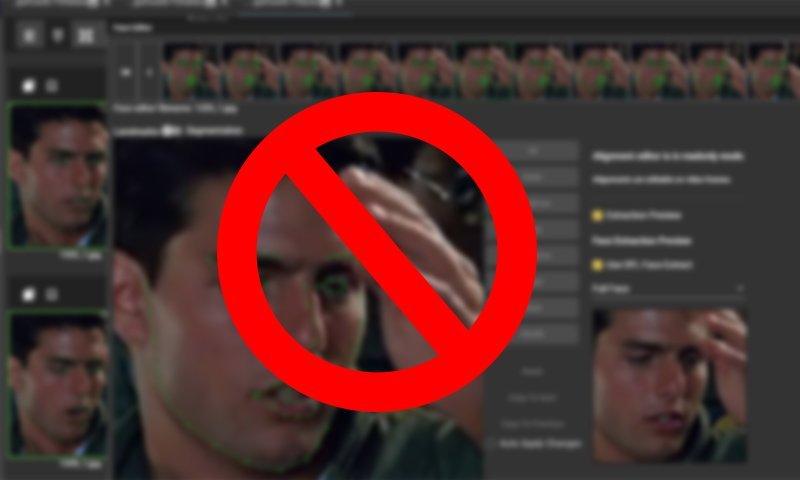
Deepfakes have become a significant concern in recent years. A 2019 report by Deeptrace found over 14,000 deepfake videos online, with 96% being non-consensual pornographic content.
The technology’s rapid improvement has amplified these concerns. The NO FAKES Act aims to address this growing threat.
High-Profile Senate Hearing on AI Risks
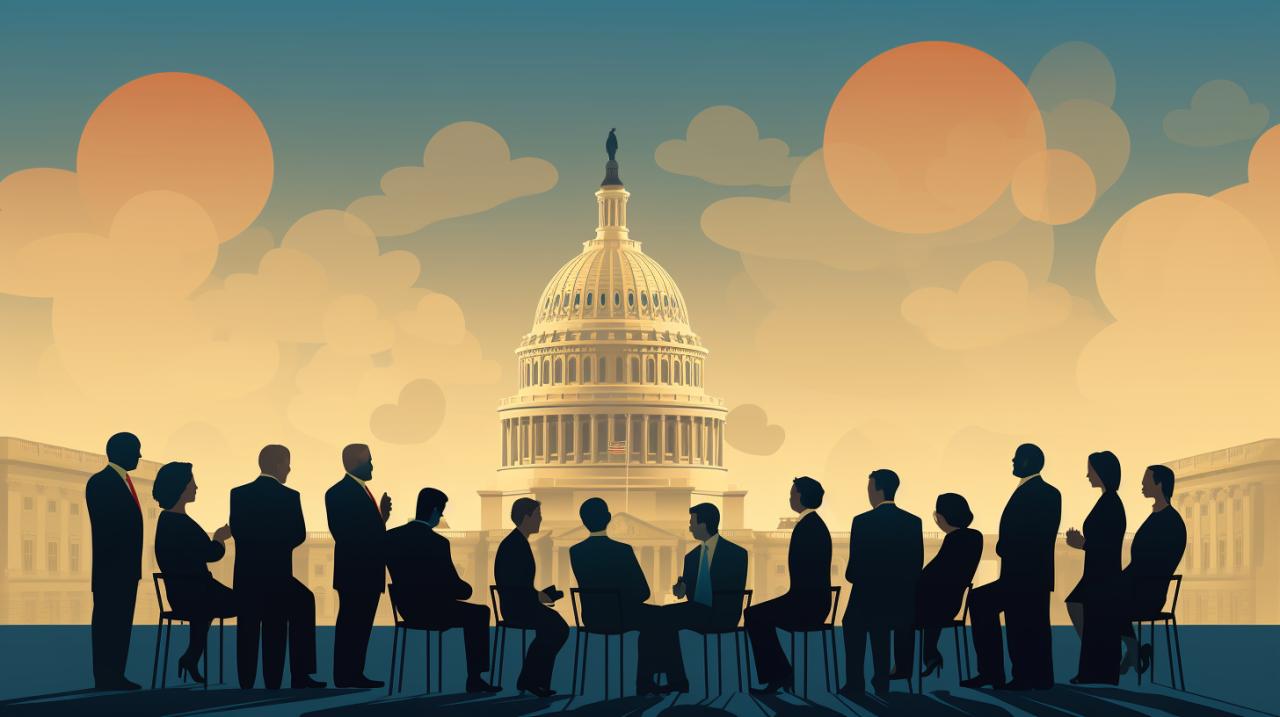
A Senate hearing in April 2023 brought AI risks to public attention. It discussed potential harm from unauthorized digital replicas.
The hearing likely influenced the drafting of the NO FAKES Act. It served as a platform to educate lawmakers and the public about AI’s potential dangers.
Baltimore Principal Voice Clone, A Case Study

The bill references a real incident involving a Baltimore high school principal. AI was used to clone the principal’s voice for a recording with racist content.
This case illustrates the potential for AI misuse in creating false narratives. It underscores the need for legal protections against such abuses.
“Digital Hauntings”: AI Simulations of Deceased

The bill also addresses concerns about AI simulations of deceased individuals. These “deadbots” are already being offered by some companies.
Experts warn of potential psychological harm to surviving friends and relatives. The NO FAKES Act would regulate this emerging and ethically complex technology.
Consent and Rights in Digital Afterlife
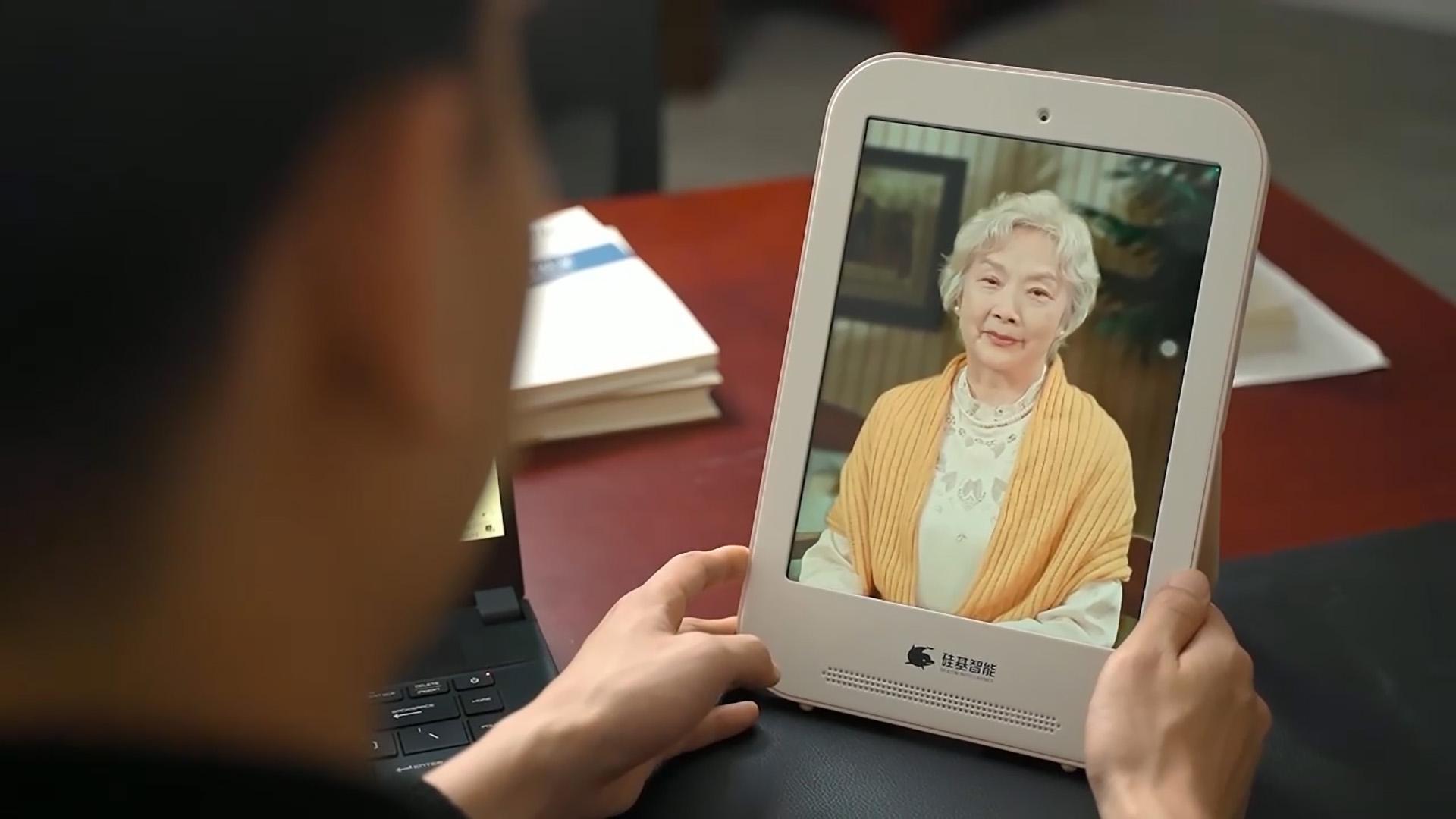
The proposed law emphasizes consent in digital representations. It extends protection for 70 years after a person’s death.
This provision addresses the complex issue of digital legacies. It aims to prevent unauthorized use of a person’s likeness even after their passing.
Platform Liability for Hosting Deepfakes
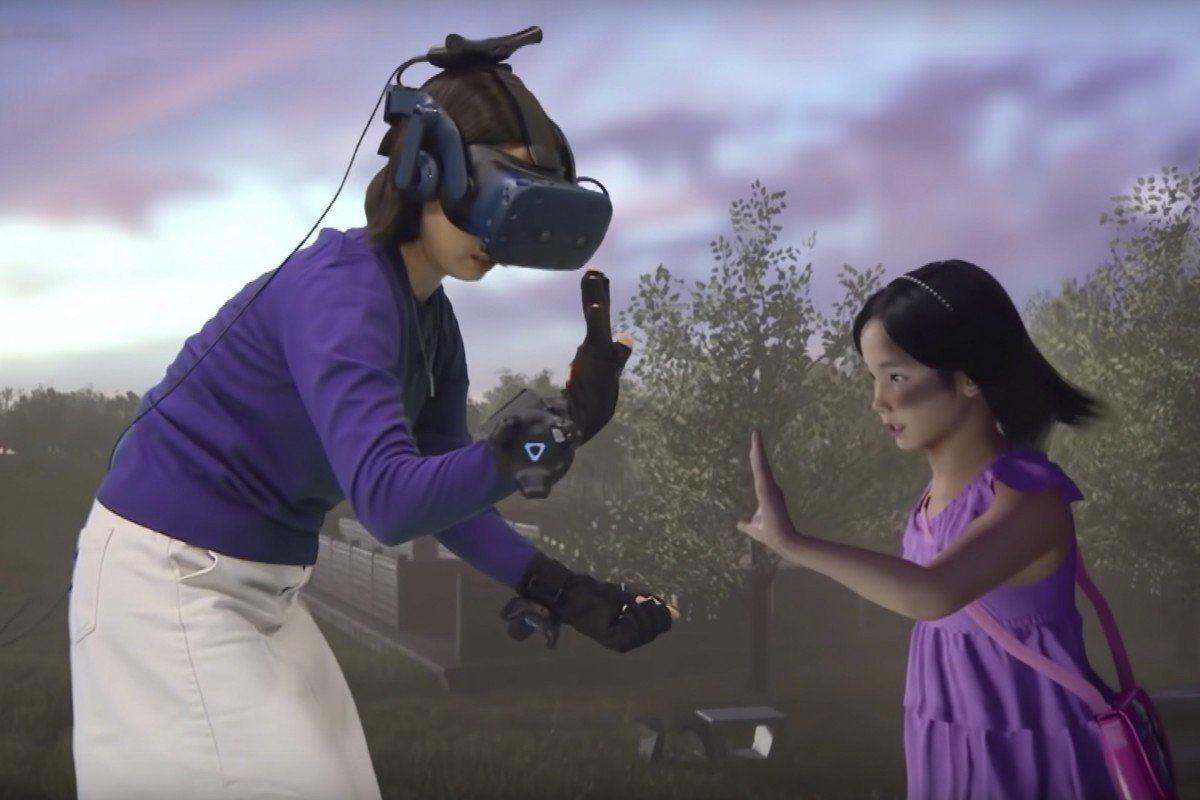
The bill would hold platforms like Instagram and X (formerly Twitter) liable for hosting unauthorized deepfakes. This extends responsibility beyond just the creators of such content.
It could significantly impact how social media platforms moderate content. The approach aims to create a more comprehensive defense against deepfake proliferation.
AI Regulation: A Global Concern

While this bill is U.S.-specific, AI regulation is a global concern. The European Union’s AI Act, proposed in 2021, also addresses similar issues.
Countries worldwide are grappling with how to regulate AI technologies. The NO FAKES Act contributes to this global conversation on AI governance.


